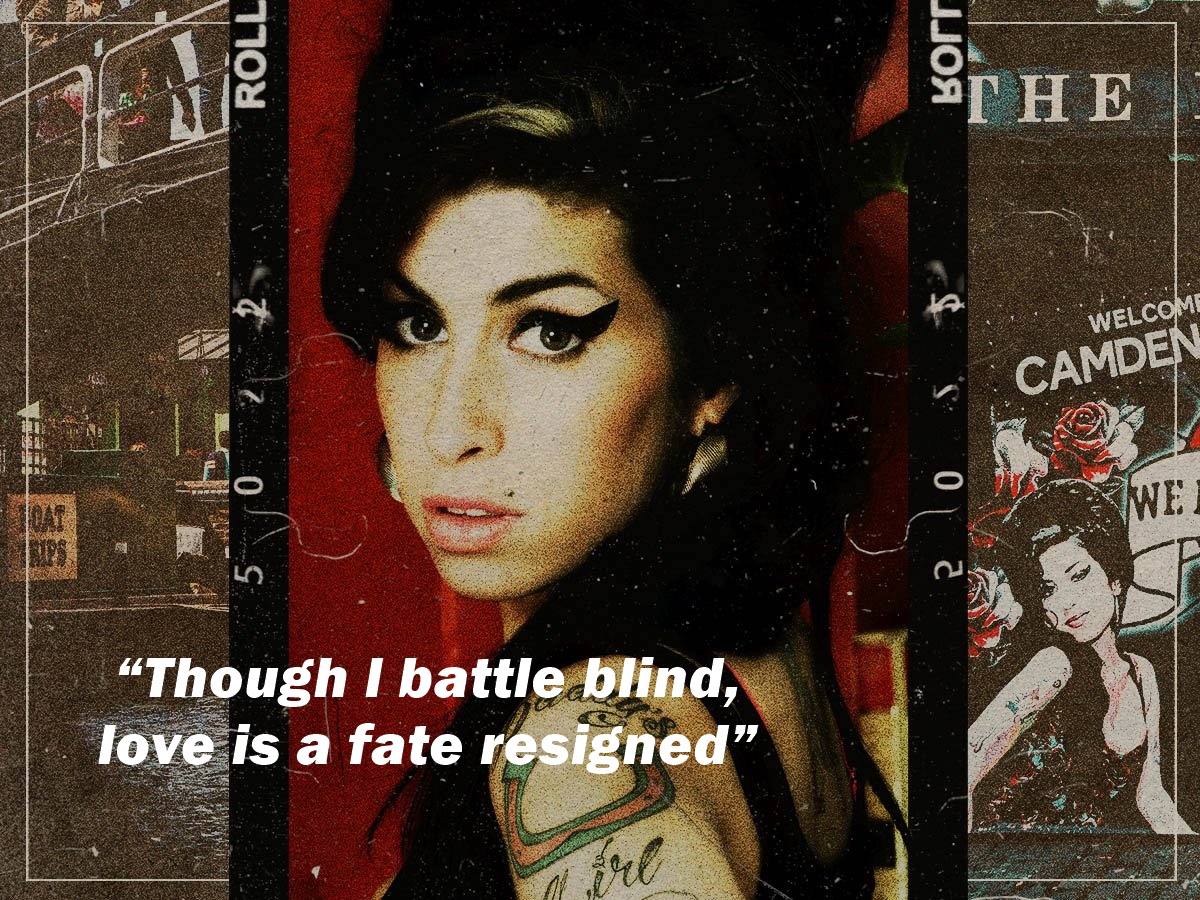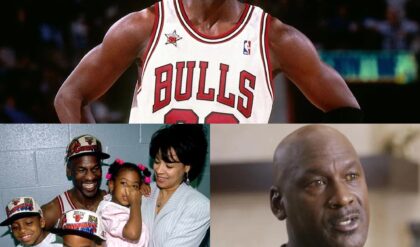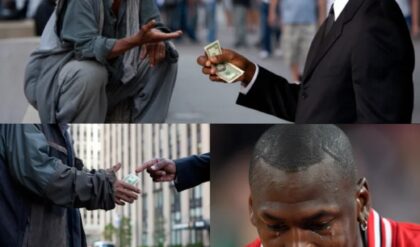As anticipation and controversy build around the release of Sam Taylor-Johnson’s Amy Winehouse biopic Back to Black, fans and casual listeners alike are poring over her song catalogue.
Winehouse is universally acclaimed as a generational musical talent with a distinctive singing voice steeped in lovelorn longing and jazz heritage. Of course, her work is mourned in equal measure, for Winehouse’s tragic passing following years of battling both addiction and a media circus.
One element of her talent that’s often overlooked, however, is her way with words. As well as being an accomplished songwriter, Winehouse had a knack for baring her soul in a poetic turn of phrase or her wit in an original piece of wordplay.
Last year saw the publication of a book featuring the singer’s handwritten lyrics, giving readers a glimpse into how she came up with the words to her songs. But nothing shows us Winehouse better than the lyrics themselves, as Asif Kapadia realised while making his 2015 documentary about the star. The film Amy cleverly juxtaposes moments of her life with song lyrics appearing on screen that seem to describe what she was going through better than anything else could.

So, to celebrate this aspect of Winehouse’s songwriting, here are ten lyrics that we think do her brilliance justice more than any other.
The 10 best Amy Winehouse lyrics:
“It’s got me addicted, does more than any dick did”
People tend to typecast Amy Winehouse as a tragic femme fatale whose music provided the perfect soundtrack for her journey towards a premature death. This depiction completely ignores the brimful of humour peppered throughout her songs.
This lyric from the final song of her second album shows off just how dextrous she could be with words. She’s crafted a hilarious pun on the word “addicted” to show how little she needs men in her life, along with a particular part of their anatomy, to be specific.
Here, we see a theme Winehouse often explored in her lyrics: the apparent weakness of men and their failure to live up to her expectations of them. We often hear her struggling to break from an over-dependence on men she feels forced into by sardonically belittling them and their failure to satisfy or support her.
Winehouse’s sharp tongue and ear for comic timing mean her humorous jibes almost always hit the spot. In this way, she engages her listeners on another level from the straightforward lovesick laments churned out by most other songwriters.
“We only said goodbye with words”
Maybe the most iconic line from one of her most iconic songs, this lyric illustrates Winehouse’s poetry at its finest.
Diverging from most pop songs and their reliance on rhyme, the four-line chorus of the song ‘Back to Black’ leaves its mark with less-is-more literary devices. The description of two lovers “only” saying goodbye “with words” in this first line immediately conveys to us a starkly cold atmosphere of buried feelings and loss.
It also subverts the musical tradition of big ballads describing a moment of goodbye in exaggerated, overly sentimental terms. Hence, the lyric helps make ‘Back to Black’ the brooding centrepiece of Winehouse’s magnum opus of the same name.
“I’m not just some drama queen ’cause it’s where you’re at not where you’ve been”
Three years before the release of Back to Black, Amy Winehouse had shown flashes of the brilliance to come on her debut album, Frank. One song rich in powerful imagery is the album’s brassy crescendo piece ‘Help Yourself’.
There are several gems to choose from in the song, but this couplet takes the biscuit. It sees Winehouse apply a double meaning to the term “drama queen” – shrugging off both her education at the Sylvia Young Theatre School and her tag as emotionally unstable.
Indeed, she was far from the typical Sylvia Young graduate, who’d be more likely to star in a soap or join a manufactured girlband or boyband. Winehouse, by contrast, was a teenage jazz singer inspired by Sarah Vaughan, who wrote virtually all her own songs.
In the following line, she draws attention to “where” she’s “at”, as opposed to the immature boyfriend she was writing about. And where she was at then was the cutting edge of nostalgic, jazz-infused R&B about to take over the airwaves after the release of her follow-up album.
“Though I battle blind, love is a fate resigned”
‘Love Is a Losing Game’ features probably the most perfect set of lyrics Amy Winehouse ever wrote. Its schema of tight-knit, faux-Shakespearean rhyming couplets has featured in national GCSE English exams for British high schoolers. They’ve won the praise of Morrissey, too, as The Smiths’ singer included the track in his Desert Island Discs selection.
This couplet is perhaps the song’s most profoundly poetic, with an additional layer of tragedy posthumously becoming associated with it. Winehouse certainly battled for her “love” affair with then-partner Blake Fielder-Civil. And she was, of course, “blind” to the awful fate that would befall her, in large part thanks to the loving partner who facilitated her crack addiction.
“What kind of fuckery is this?”
In another subversion of musical tradition, Winehouse turns the jazz standard ‘Have You Met Miss Jones?’ and Billy Paul’s soul classic ‘Me and Mrs Jones’ on their head.
Writing from the female perspective, she also defies expectations with this absolute rocket launcher of an opening line. Addressing both her lover and her own sense of confusion, the lyric’s rhetorical question and the word “fuckery” convey the powerful feelings of emotional ambiguity wrapped up in a love tryst not yet on solid ground.
“There’s nothing you can teach me that I can’t learn from Mr. Hathaway”
‘Rehab’ is the song that made Amy Winehouse a superstar, sending her up the singles charts and blowing the doors off Back to Black within seconds of the album starting. The chorus line with its famous “no, no, no” hook is likely the first lyric you think of from the song.
But it’s this one from its middle eight which sticks out for us. After a slightly unfortunate reference to a misogynistic lyric from Ray Charles’ ‘I Got a Woman’, Winehouse name-checks her favourite soul singer Donny Hathaway.
The line reflects her status as a self-taught musician whose love of soul and jazz run deep, and it sums up how her music and her life were inextricably intertwined. As she famously said in an interview paraphrased in the trailer for the upcoming biopic, “I write songs about stuff that I can’t really get past personally. And then I write a song about it and I feel better.”
“[You] pale in comparison to who you think I am”
This line is from another of the standout tracks on Winehouse’s debut, Frank. ‘Stronger Than Me’ chastises a boyfriend for failing to stand on his own two feet or be strong for Winehouse in any shape or form.
While in some of the song’s more mocking lyrics, Winehouse strays into territory which might no longer be considered acceptable; this line perfectly encapsulates the frustration she feels. Her boyfriend is weak, but he appears even weaker in relation to the idealised version of her he’s placed on a pedestal. Having done so, he’s also placed even more weight on her shoulders.
“The sky above a blaze that only lovers see”
The last single-proper from Back to Black sees Winehouse sample Marvin Gaye and Tammi Tereill’s ‘Ain’t No Moutain High Enough’ for its backing track. This sample lays the platform for her soaring vocals to dominate the song.
Before reaching the final chorus, Winehouse extends a high note on the word “blaze” before falling as she crams “that only lovers see” into the metre. This combination of poetry and poetry cungers up the dramatic image of the singer turning her back on a beautiful, cinematic sunset that “only lovers” could enjoy.
“Run around just so I don’t have to think about thinking”
A beautiful 1960s-style ballad from Back to Black that doesn’t get the credit it deserves, ‘Wake Up Alone’ could be Winehouse’s most potent expression of lovesickness.
This line emphasises the pain of missing a lover and her desire to escape this feeling by removing her a further step away from it. Not only is she trying not to feel, she’s trying not to think or even “think about thinking”.
“Who truly stuck the knife in first?”
If we were being overly dramatic or conceited, we could suggest this line as the epitaph for Amy Winehouse’s untimely demise. At one time, it appeared that everyone was willing to stick the knife into her, from her lovers to the media, the courts and even her own family.
But the lyric is best suited to its immediate context, the bawdy ode to infidelity that is ‘You Know I’m No Good’. As the song reaches a climax, following details of betrayal on both sides of the relationship between her and her partner, Winehouse poses the question: who’s really to blame for the pain they both feel?
It’s a question deliberately left open-ended, as the song explains rather than resolves the hurt it documents.

